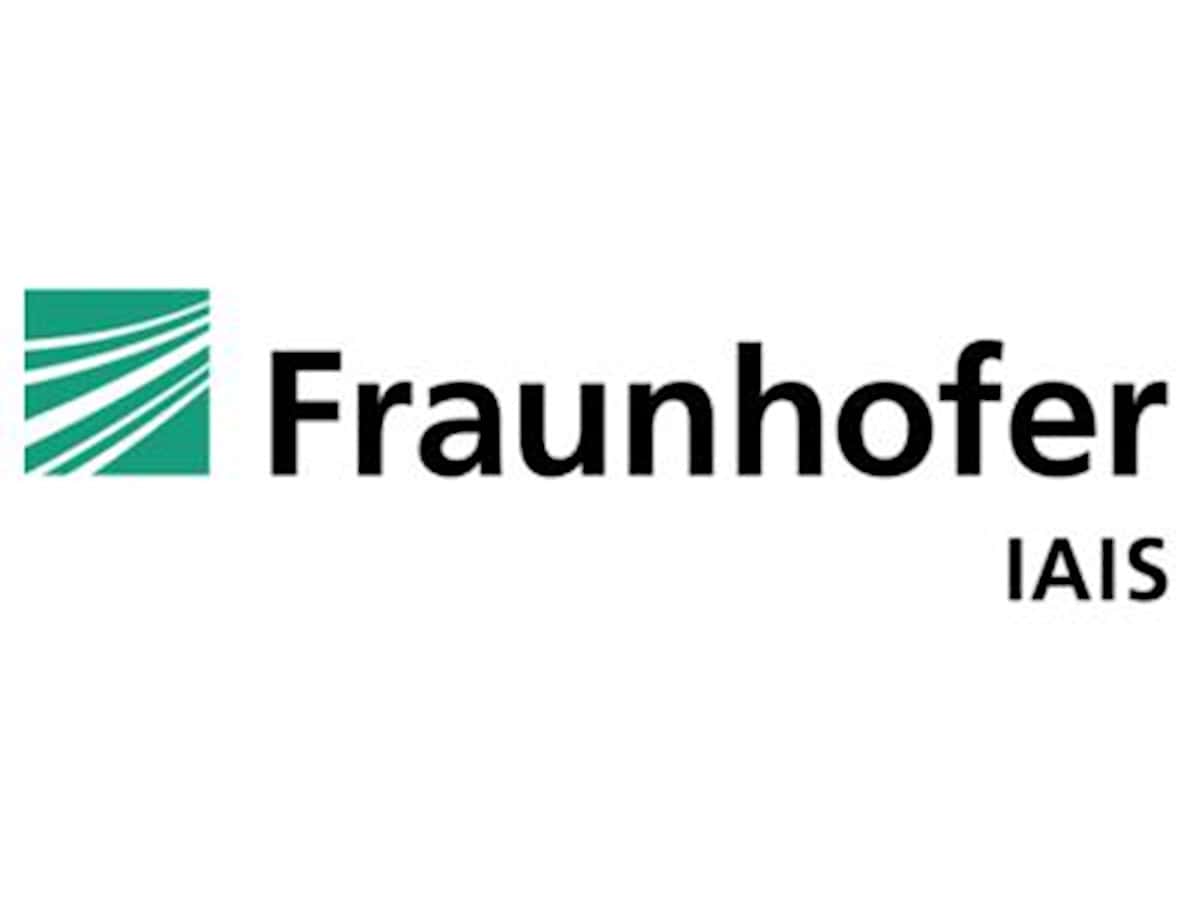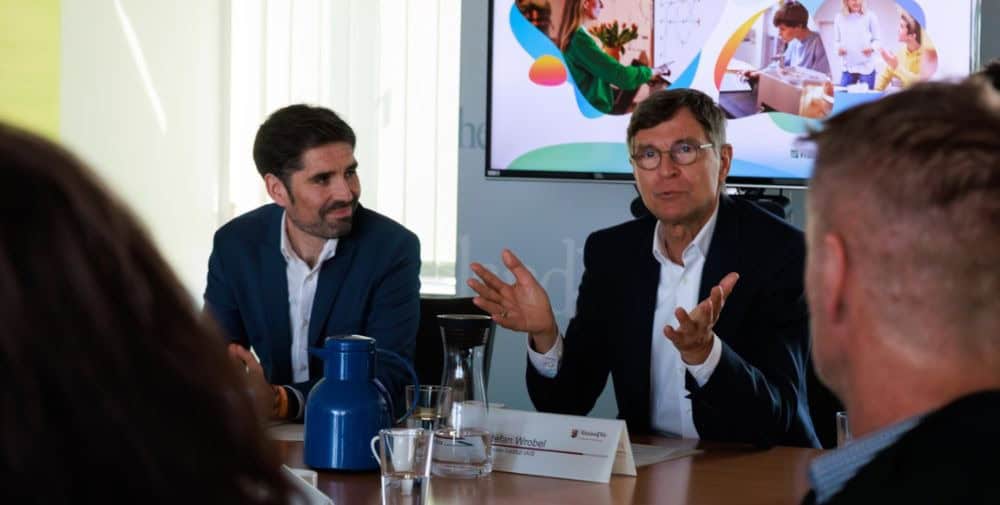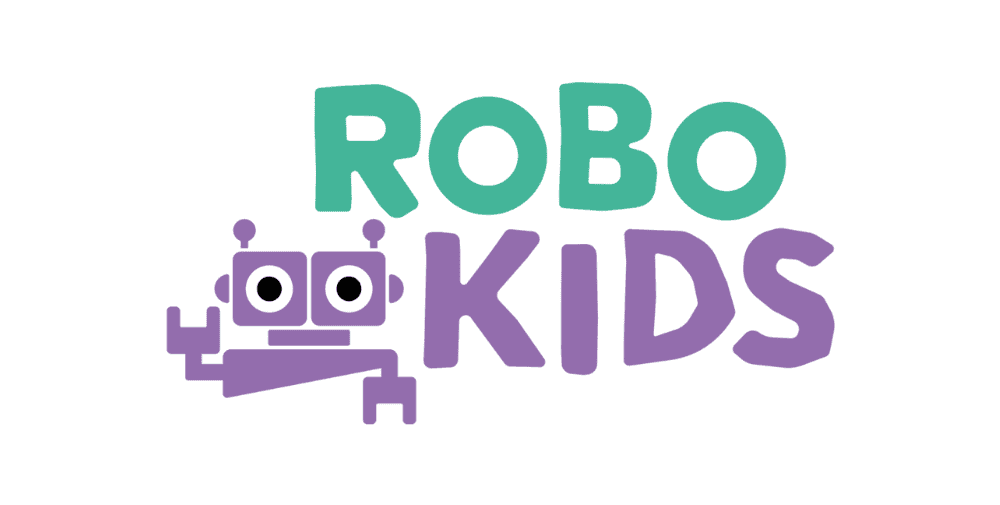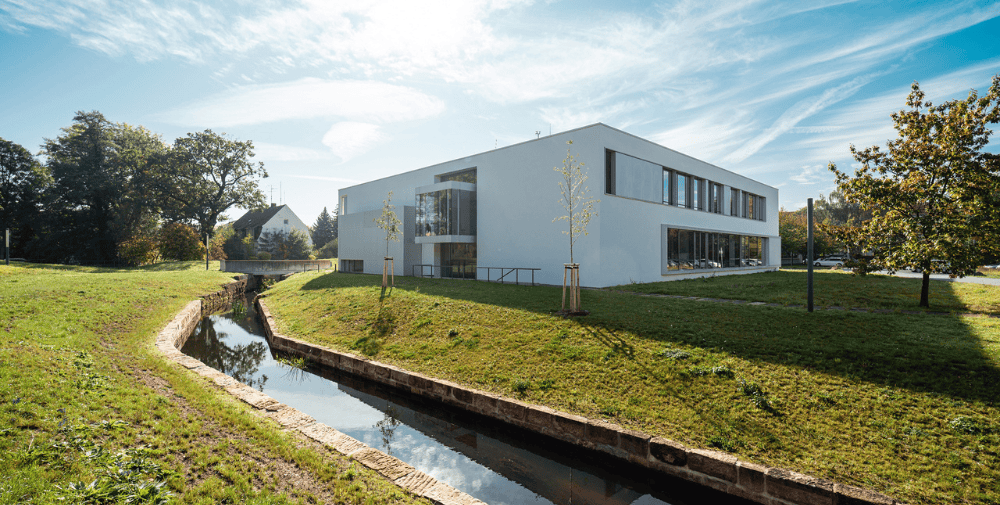
“Rhineland-Palatinate is and will remain a pioneer in the use of artificial intelligence in schools,” says Education Minister Sven Teuber. “We are bringing AI into the classroom in such a way that children and young people benefit from it: in a way that is fair, responsible and scientifically sound.” According to Teuber, this maxim already guided the state when it introduced the AI tool fobizz at the beginning of 2024. “And we are also continuing along this path with the training courses for our teachers. With AI4Schools – an educational initiative by Fraunhofer and the Lamarr Institute – we have found the perfect concept for this. Our collaboration will ensure that many teachers in Rhineland-Palatinate acquire the relevant skills for the use of AI in the classroom – how they can use the opportunities of AI, but also recognize and limit the risks.”
The cooperation between the Fraunhofer Institute for Intelligent Analysis and Information Systems IAIS and the Ministry of Education will start in November and run for two years, as Teuber announced in Mainz on Thursday. The AI4Teachers program developed by Fraunhofer IAIS as part of the AI4Schools education initiative will be implemented at state level by the Pädagogisches Landesinstitut (PL). Initially, multipliers are trained by the PL, who then pass on their knowledge to up to 100 other teachers throughout the country. The program aims to teach AI in the sixth form and prepare pupils for changes in the world of work.
“The enormous interest in fobizz shows that our teachers want to know how they can make good use of AI, but they also have a lot of questions about it,” continued Teuber. “Through the AI4Teachers program, we are trying to answer as many of these questions as possible. In the training courses, teachers use practical examples to expand their skills, e.g. how artificial intelligence works, how AI helps to create teaching materials and series – with language, chats and images. All subjects are taken into account, as AI is a cross-cutting topic par excellence that permeates all areas of life and learning.”
The responsible use of technology is crucial for Teuber: “It’s about critical reflection and constantly questioning AI. This is particularly important for our teachers because it is also a key future skill for the pupils. In this way, we create a safe space at school for the prudent use of artificial intelligence.” The training courses also help teachers to exchange ideas with each other and pass on their skills. “One thing is also clear: AI will never replace teachers, it only provides support where it is pedagogically sensible and necessary and relieves the administrative burden. This gives more time for pedagogy and learning processes with pupils.”
Prof. Dr. Stefan Wrobel, Director of Fraunhofer IAIS and Co-Director of the Lamarr Institute for Machine Learning and Artificial Intelligence, added from a scientific perspective: “With our AI4Schools education initiative, we are preparing the next generation for our technologically shaped world. It’s not just about being able to use AI tools competently, but in particular about understanding the technical basics – knowledge that is necessary to be able to critically assess the opportunities and risks of AI applications and deal with them responsibly. With our multiplier model, we make teachers fit for the technology so that they can not only shape their everyday working life with AI, but also teach knowledge about AI.”
– – – – – –
Further links
👉 www.iais.fraunhofer.de
👉 Education initiative AI4Schools
👉 Overview of measures for education in the digital world in Rhineland-Palatinate
Photo: Ministry of Education Rhineland-Palatinate / Jonas Birk



